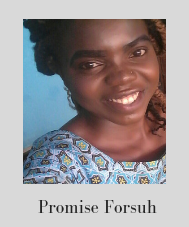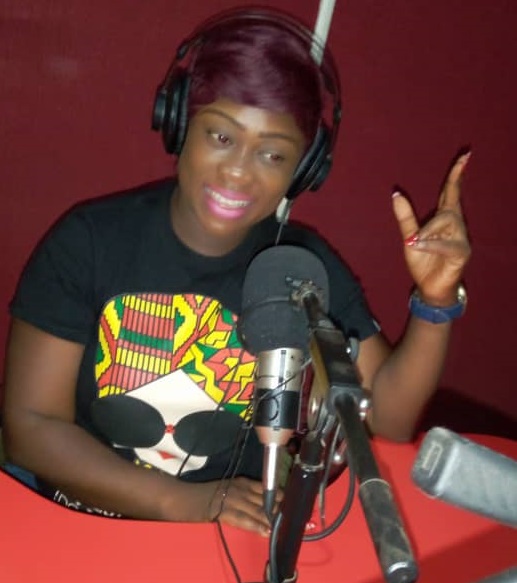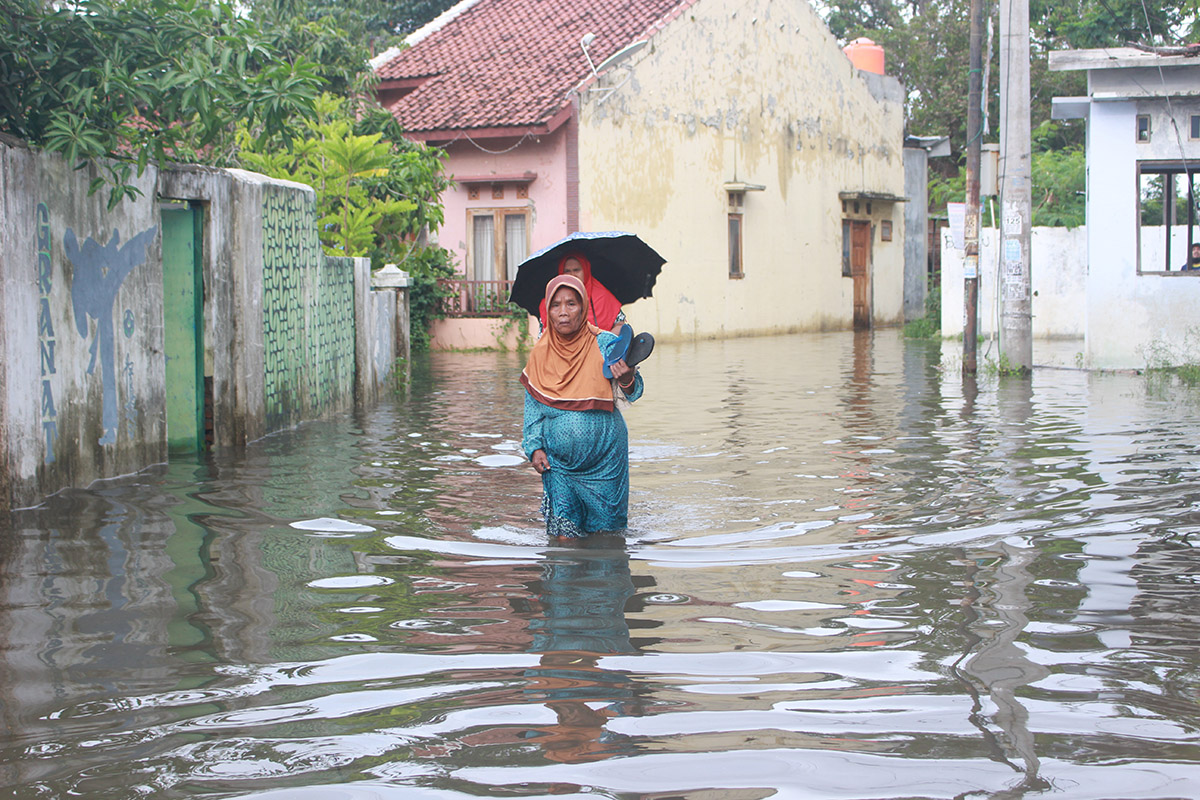The rise of female sports journalists
January 8
In Africa, women are making great inroads into various aspects of sports. Unfortunately, sports journalism has not been one of them. But a new crop of female sports commentators and reporters are planning to change that. Promise Forsuh, a 23-year-old Commonwealth Correspondent from Bamenda, Cameroon, spoke to Cameroonian female sports journalist Cynthia Wanchia, about her role.
Tell me a bit about your background in sports reporting.
I have been sports reporting for seven years. I started back in 2013 with Radio Hot Cocoa Bamenda as the English anchor of the morning sports news. I also co-anchored the Sunday Sports magazine program where we analysed what made news from local, national to international world of sports. I also served as the Head of the Sports Desk at Radio Hot Cocoa Bamenda.
In 2016, after gaining employment with the Christian Broadcasting Service (CBS Bamenda), I again became anchor of the daily sports morning news until 2018 when I got into communication. But because of my passion for sports, I offered my services part time to anchor the daily sports news over Ndefcam Radio in Bamenda. I was later appointed press officer for the top division side Yong Sports Academy football club.
Were you always interested in sports growing up?
Yes, while growing up I was very interested in sports, particularly football. While in the village for my summer holidays, I would often follow my uncles to the field just to watch them play and listen to the commentaries. I played volleyball and table tennis in secondary school and at the University of Buea.
Who was or is your role model in sports reporting?
My role model in sports reporting back while at university was Tina Nkwor, who reported for CRTV, the national TV station, Magdaline Soppi Kotto, and Lokadia Mbong Ben. Back at Radio Hot Cocoa, I met a friend and colleague Brenda Kiven who was a sports reporter by then. I had to sacrifice all I could to make sure I was at the studio each time she ran her sports programme just to see what it took for her to do the “almighty job”. I also very much admire Carol Tshabalala of SuperSport, Kate Bolduan and Brooke Baldwin of CNN.
What have you found most challenging about the role?
The first thing is the reception you get from male colleagues and players, because people do not believe in the capability of female sport commentators. There is also a lot of female harassment. Sometimes as a woman it is also not easy to manage sports reporting and manage the home at the same time. When I started my sports reporting career, I found it difficult to pronounce the names of the players in the European league teams. But as time went on, it was no longer a problem.
What do you like most about your job?
Doing commentaries or just watching a game is always exciting for me and it relieves me of some stress. Spending 90 minutes in the field is among the most fulfilling moments for me.
What is it like being a woman in a predominantly male environment?
When I started, I found it very difficult because I was the only female sport reporter at that time. But because I my mentor was male, I found it more comfortable to be among male commentators in the field and listened to how they presented their commentaries and live reports. Sometimes, I totally push aside the fact that I am a female and focus on the job I love to do and not my gender. Men will often undermine your capabilities but when you prove that you are capable, it becomes very easy for you to integrate with them.
How receptive are sport fans to a female reporter?
It has never been easy from the start, but once you prove that you are good at what you do, you start seeing the positive vibes coming in. Usually (as a female commentator), until the fans hear you talk (authoritatively), they undermine you. This is one of the challenges females face in this domain.
What uniqueness do female commentators bring to the table?
Being a field that is predominantly male, it is very unique to listen to a woman do commentaries and reports better than many men. People love to see the unusual, and once a woman stands out for something frequently done by men, that’s unique.
Where do you see yourself in 5-10 years?
I want to be better than I am. I would love to be a press officer for a team in a higher league. I see myself anchoring sports news on bigger, international media outlets. And why not also own a team? If I find myself contributing in the betterment of female football teams in my country, it would be a dream come true.
What advice would you give to other women interested in such a role?
If you think it, you can do it. I didn’t just find myself doing this. There are times I said so many wrong things on air, pronounced names wrongly and a lot more. It only takes commitment and determination despite the challenges. Always remember that a journey of a thousand miles begins with a single step, and I too started with that single step. I am always available to mentor any female interested in sports reporting. ………………………………………………………………………………………………………………………………………………………
About me: I am a graduate with a first degree in Journalism and Mass Communication from National Polytechnic University Institute Bamenda. My ambition is to become a celebrity journalist or a great Public and International Relations Practitioner. I am interested in writing for both print and broadcast, not only doing journalistic writing, but fiction as well. Presently, I work as a volunteer for SOPECAM as a journalist in my country.
………………………………………………………………………………………………………………………………………………………
Opinions expressed in this article are those of the author and
do not necessarily represent the views of the Commonwealth Youth Programme.
Articles are published in a spirit of dialogue, respect and understanding. If
you disagree, why not submit a response?
To learn more about becoming a Commonwealth Correspondent please visit: http://www.yourcommonwealth.org/submit-articles/
………………………………………………………………………………………………………………………………………………………




